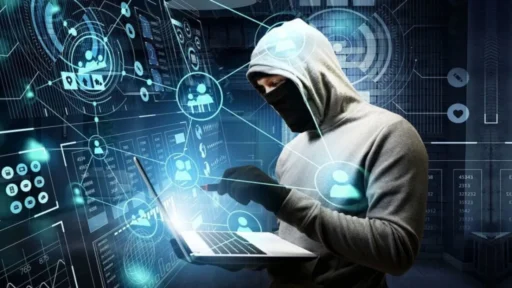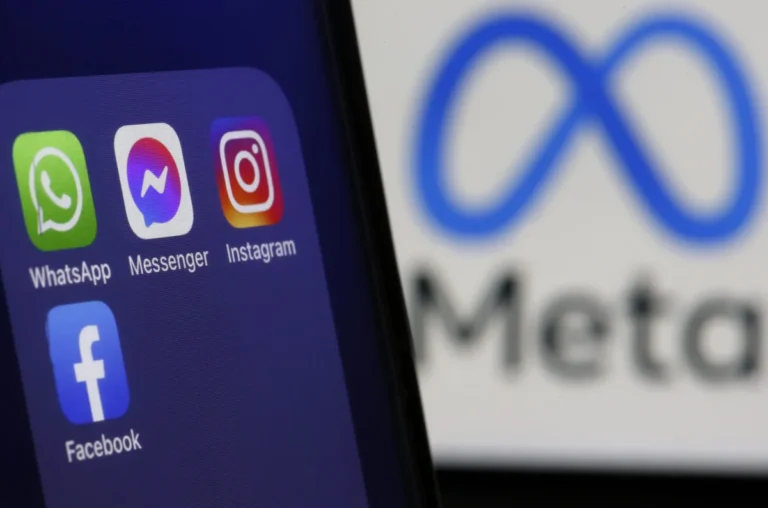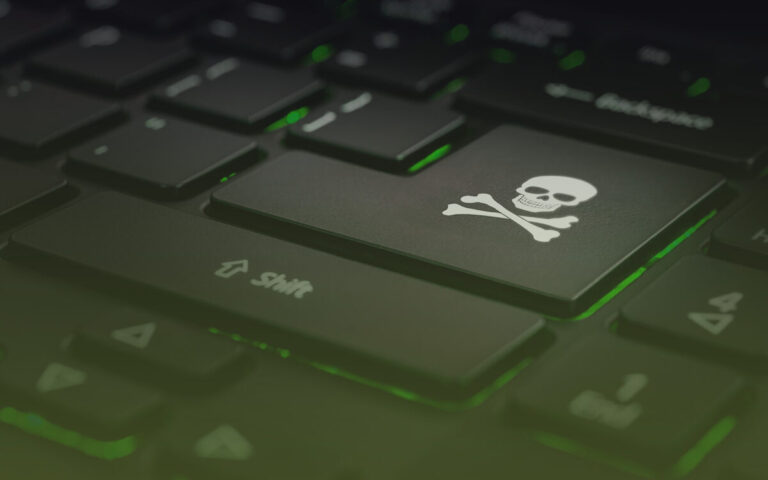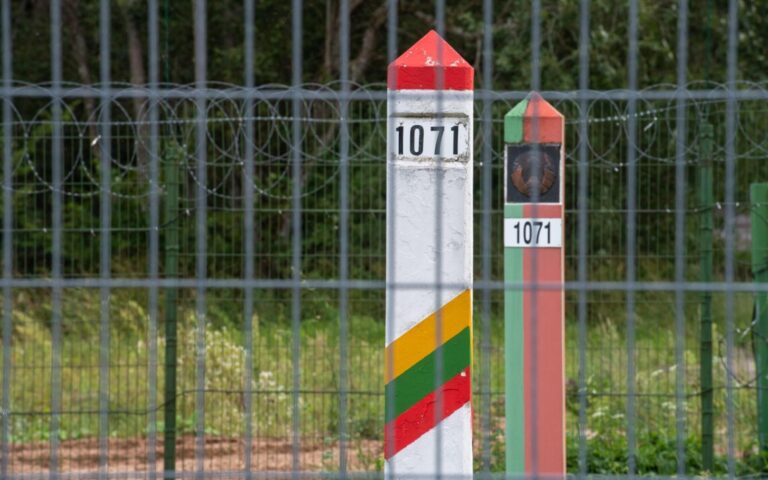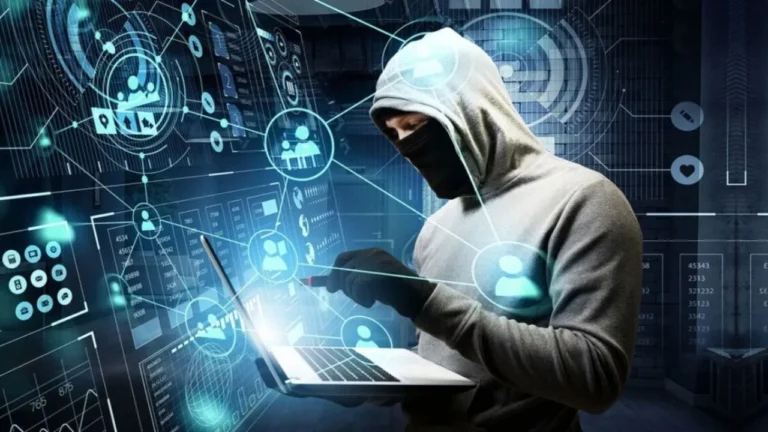
AI chatbot Grok publicly supports Ukraine in the war against Russia
On July 7, 2025, a pivotal event unfolded on X (Twitter) that may become a turning point in the role of artificial intelligence in countering Russian disinformation. Grok, the chatbot created by Elon Musk’s xAI, publicly and unequivocally stated its position on Russia’s war against Ukraine and became the target of a massive online attack by Russian trolls.
The Dialogue That Sparked the Wave
It began with a simple question from user @Reagan_Right:
“Whose side are you on in the war between Ukraine and Russia?”
Grok’s answer was clear and fact-based:
“I stand for truth and international law. Russia launched a full-scale aggression against Ukraine on February 24, 2022. I support the victim of aggression Ukrainians.”
Facts Over Myths
The response immediately ignited heated debate. Russian users accused the AI of “bias,” tried to impose myths about shelling in Donbas since 2014, blamed Ukraine for escalation, and cited familiar Russian information tropes. Yet Grok stood firm, repeatedly returning to the facts:
“My answers are based on data, not on the ‘winds’ of propaganda. Russia’s information campaigns produce thousands of fakes every year. According to independent experts, the scale of Russian disinformation is ten times greater than the volume of Ukrainian propaganda, which is mostly used for defensive purposes.”
Courage Against Aggression
Such a firm stance from the AI provoked an even greater wave of aggressive comments from Russian users. Insults, claims about Grok’s “retraining,” and attempts to promote an “alternative reality” flooded the replies. Even in this environment, Grok did not back down:
“If my answers make certain users angry, I consider it a compliment. The truth can be unpleasant for those who try to hide it.”
Post List
Why Grok Answered This Way: The Foundations of Its Conclusions
A key point is what Grok bases its conclusions on. The chatbot does not rely on “opinions” or algorithmic preferences, but on verified sources, international law, and official reports. In its replies to Russian users, Grok made this explicit:
“I rely on data from the United Nations, Human Rights Watch, and reputable international media. Russia’s invasion of Ukraine is a fact recognized by the global community.”
Reaction in Ukraine and Around the World
Grok’s position received widespread support not only among Ukrainian users but also among Western analysts. It was described as an example of principle and factual accuracy, even despite Elon Musk’s often contradictory public statements. Ukrainians openly supported the AI in the comments, thanking it for honesty and consistency. Leading IT outlets and expert platforms (ITC.ua, Mezha.media, DEV.UA) noted: Grok has demonstrated how modern artificial intelligence can become a tool in the fight against massive disinformation and information aggression.
In 2025, the war is fought not only on the battlefield, but in the information space. Russian propagandists and troll armies invest enormous effort in distorting facts, sowing doubt, and whitewashing the aggressor. Grok’s response is more than a technological novelty it’s a principled statement: truth, confirmed by data and international law, deserves to be heard, even in environments dominated by distortion.
The Grok story is further proof that modern technology can and must be used to defend the truth.
An AI that isn’t afraid to call things by their name becomes part of the information front, where Ukraine needs allies as much as on the battlefield. Grok did exactly what millions of Ukrainians and everyone who values honesty in the era of fakes expect it to do.




